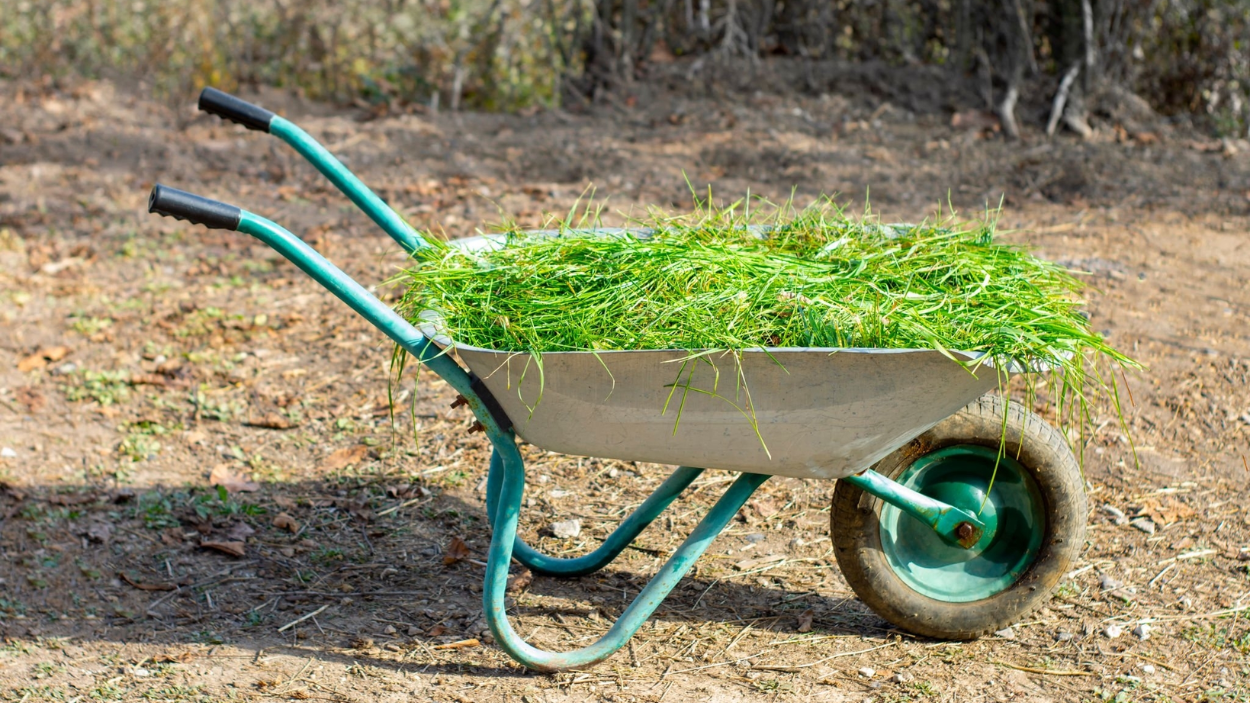Incorporating Weeds into a Compost Pile: A Sustainable Approach
Weeds in a compost pile can be repurposed into a valuable resource. To ensure successful decomposition without spreading weed seeds, remove any flowering or seed-bearing parts before adding them to the pile. Cut or chop the weeds into smaller pieces for faster composting. Maintain a proper balance of green and brown materials in the pile. By following these steps, gardeners can effectively incorporate weeds into their compost, reducing waste and promoting sustainability.
Optimal Timing and Techniques for Incorporating Weeds into a Compost Pile
Knowing when and how to utilize weeds in a compost pile can enhance the composting process and minimize the spread of unwanted plants. Timing is crucial when adding weeds to the compost. Ideally, choose weeds before they produce seeds or flowers to prevent further proliferation. Prior to incorporation, it is recommended to break down the weeds into smaller pieces to expedite decomposition. Balancing the ratio of green (nitrogen-rich) and brown (carbon-rich) materials in the compost pile is also important. By employing these strategies, gardeners can effectively harness the nutrient potential of weeds while maintaining a healthy composting environment.
Plants to Exclude from a Compost Pile – Expanding the List Beyond Weeds
Harnessing the Potential of Weeds in a Compost Pile: Special Tips
Tip 1. Proper Weed Identification: Before using weeds in your compost pile, take the time to identify them accurately. Some weeds may have deep taproots or rhizomes that can survive composting and eventually sprout in your garden.
Tip 2. Drying or Wilting: To minimize the chances of weed regrowth, consider drying or wilting the weeds before adding them to the compost pile. This can be done by laying them out in the sun or on a dry surface for a few days.
Tip 3. Hot Composting: Implementing a hot composting method can help eliminate weed seeds effectively. Maintain a compost pile with temperatures between 130-160°F (54-71°C) for a period of time to ensure thorough sterilization.
Tip 4. Layering Technique: Alternating layers of weed-free materials, such as grass clippings or shredded leaves, with layers of weeds, can help create a balanced compost pile. The carbon-rich materials act as a buffer, reducing the chance of weed seeds sprouting.
Tip 5. Turning and Mixing: Regularly turning and mixing the compost pile is crucial when using weeds. This helps distribute heat evenly and accelerates decomposition, making it harder for weed seeds to survive.
Tip 6. Mature Compost: Allow the compost pile to fully mature before using it in your garden. This ensures that any remaining weed seeds have been thoroughly broken down and neutralized.
Frequently Asked Questions
- Q: Can all types of weeds be used in a compost pile?
A: While many weeds can be safely used in a compost pile, it's important to exercise caution. Avoid using weeds that have gone to seed or those with persistent roots, rhizomes, or bulbs that can survive the composting process and potentially sprout in your garden.
- Q: How can I prevent weed seeds from spreading when using weeds in compost?
A: To prevent the spread of weed seeds, it is recommended to remove any flowering or seed-bearing parts of the weeds before adding them to the compost pile. Properly disposing of these parts or ensuring they are thoroughly broken down in the compost will minimize the risk of weed propagation.
- Q: Should I be concerned about weed killers or herbicides in weeds used for compost?
A: Yes, it is crucial to avoid using weeds treated with herbicides or weed killers in your compost pile. These chemicals can persist in the compost and potentially harm your plants when the compost is applied to the garden. Ensure that the weeds you use are free from any chemical treatments.
- Q: How long does it take for weed seeds to break down in a compost pile?
A: The time it takes for weed seeds to break down in a compost pile can vary depending on various factors such as temperature, moisture, and turning frequency. In general, a well-maintained compost pile with sufficient heat and regular turning can break down weed seeds within a few weeks to a few months.
Final Thought
In conclusion, weeds in a compost pile can be managed effectively by following proper techniques and precautions. By identifying and excluding weeds with persistent roots or seeds, utilizing drying/wilting methods, implementing hot composting, layering techniques, regular turning, and allowing the compost to mature, you can harness the nutrient potential of weeds while minimizing the risk of weed regrowth. Remember, composting weeds not only reduces waste but also transforms them into valuable organic matter for your garden. With a little knowledge and care, you can turn weed challenges into sustainable solutions, fostering a healthier and more productive gardening experience.




